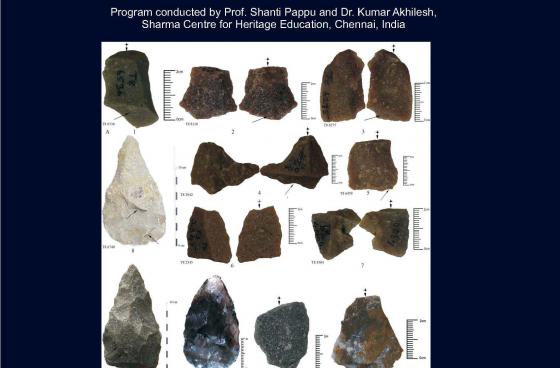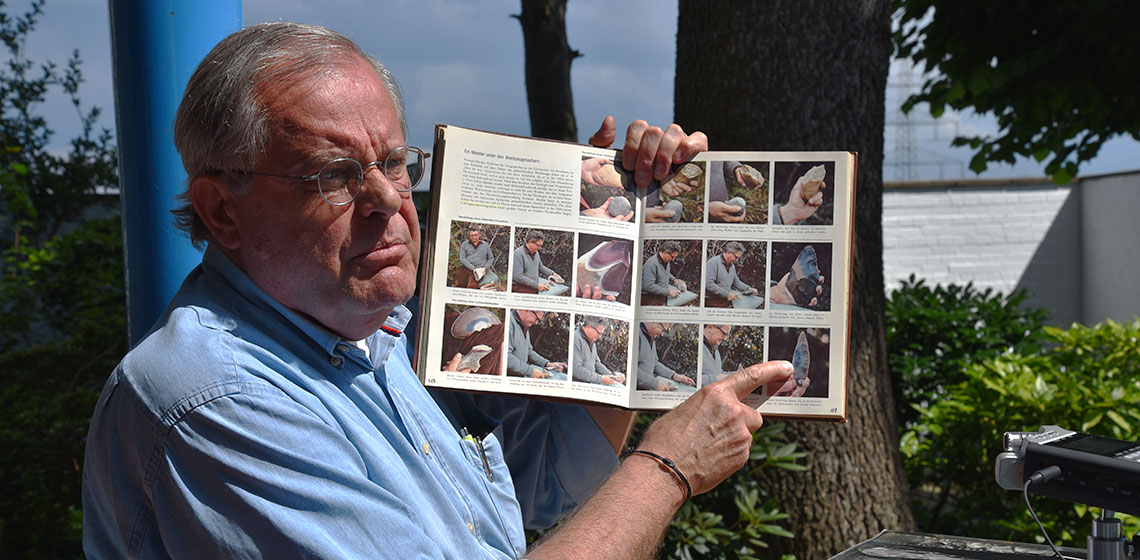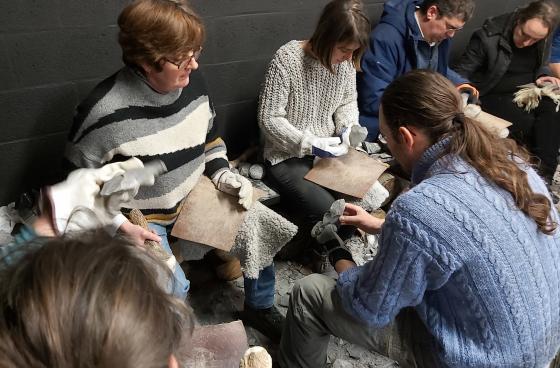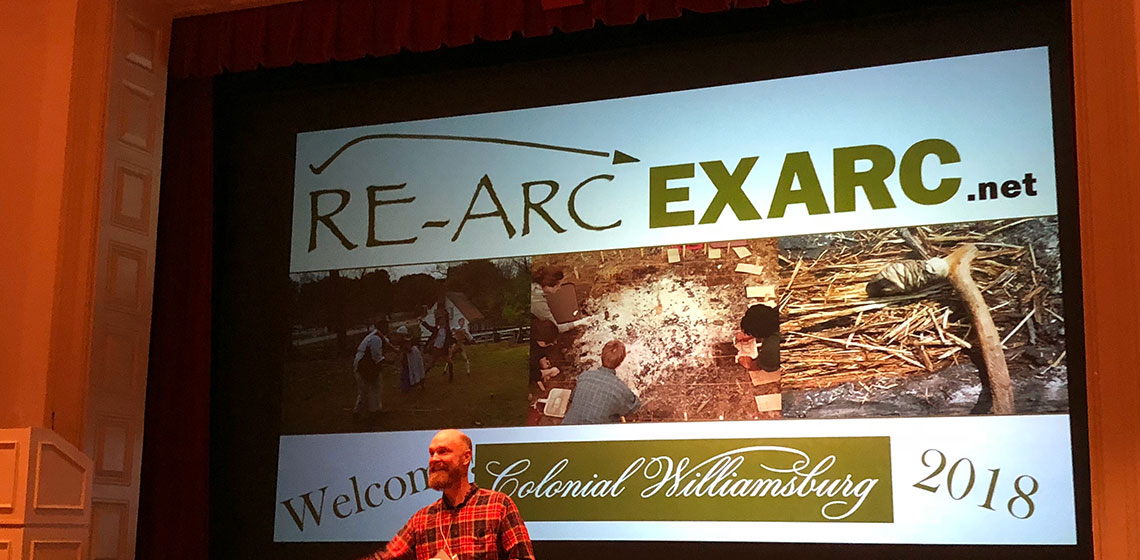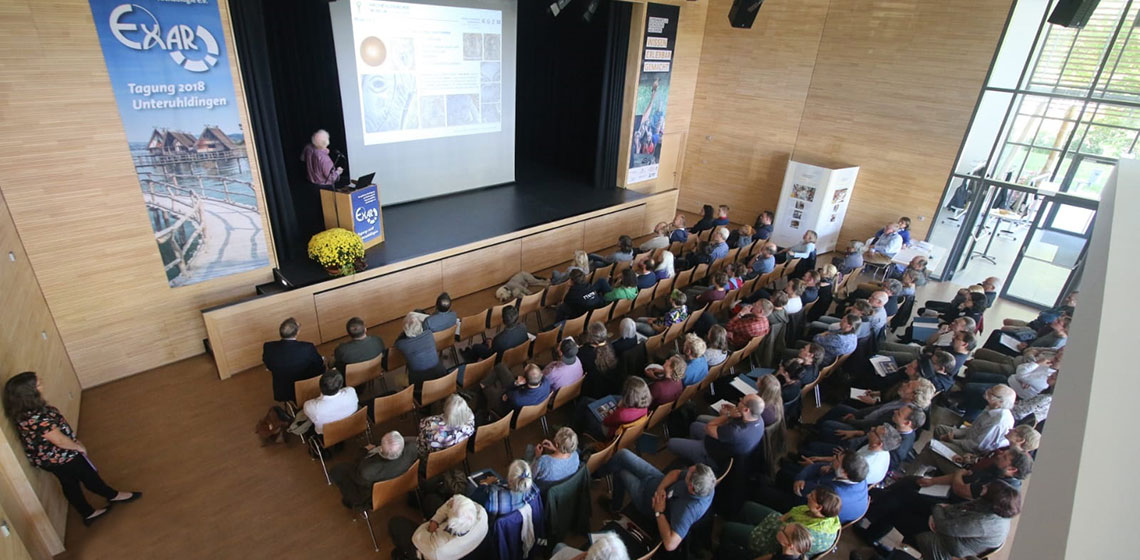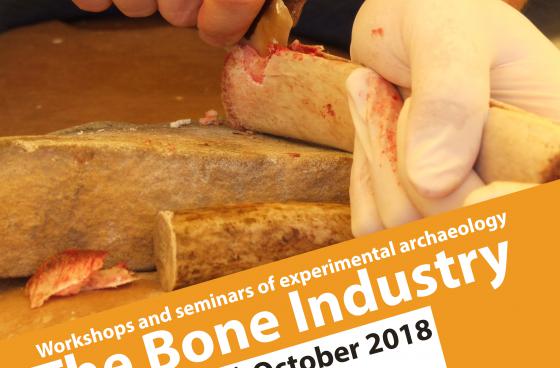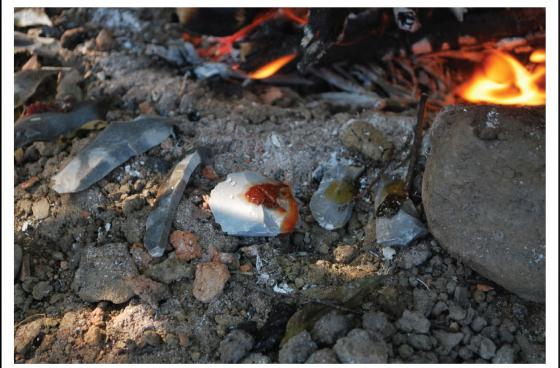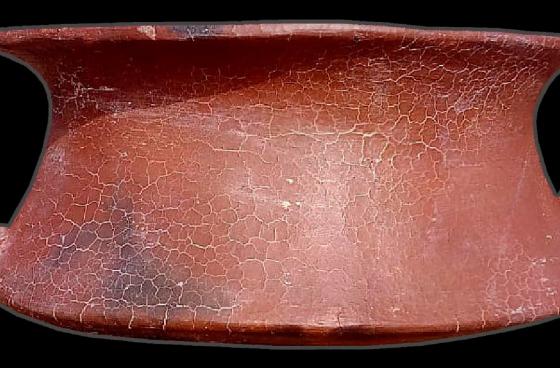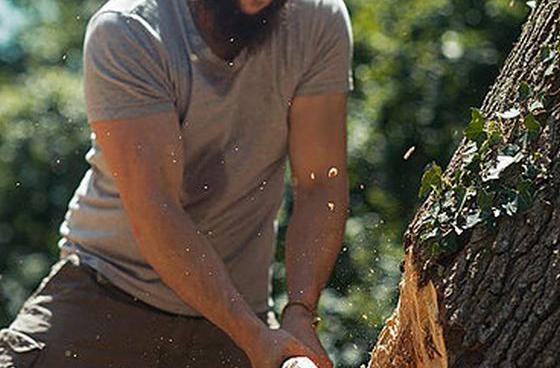Palaeolithic
ASOR session on Experimental Archaeology
Country
- USA
Anyone interested in coming to San Diego, CA in November to talk about their work? There will be an Experimental and Experiential Archaeology session at this year's ASOR Annual Meeting, San Diego, CA, Nov. 20-23, 2019. ASOR is about the Near East and wider Mediterranean world, from the earliest times
Workshop stone tool making
Country
- Sri Lanka
Experimental archaeology: fundamentals of the manufacture and use of prehistoric stone artifacts
The PGIAR is planning to organize a workshop on experimental archaeology: fundamentals of the manufacture and use of prehistoric stone artifacts on 29th -30th of December, 2018 from 9.00 am at
Interview: "Right Time, Right Place" with Jürgen Weiner
Workshop Flint Knapping for Archaeology Students
Country
- Belgium
Workshop Flint Knapping
Target group
1) Archaeology students – Bachelor 3, Master and cand. PhD.
2) Postdocs, professionals and amateurs.
Conference Review: Reconstructive & Experimental Archaeology Conference REARC 2018
***The 8th annual Reconstructive and Experimental Archaeology Conference hosted by EXARC drew speakers and participants from many parts of the world. The REARC conference was once again hosted by Colonial Williamsburg in Virginia, from October 18-20th. Friday was reserved for the presentation of papers...
Conference Review: 2018 EXAR Tagung in Unteruhldingen (DE)
Workshop & Seminar: the Bone Industry
Country
- Turkey
Workshops and Seminars of Experimental Archaeology
Seminar on Taphonomy
Country
- Belgium
Taphonomy of use-wear traces and residues on stone tools: issues and perspectives
9:00h
Taphonomy and stone tool residues: understanding processes of deposition, removal and decay (in English), by By Dries Cnuts, TraceoLab / Prehistory Liège Université
Experimental Archaeology Course Caspe
Country
- Spain
The 15th Experimental Archeology Course is celebrated this year 2019 between September 13 and 17. The place is the Student Residence "Florencio Repollés", located in C / Sástago s / n, in the Bajoaragonesa town of Caspe (Zaragoza, Spain).
Treewright Weekend
Country
- United Kingdom
Treewright is a modern translation of the Old English treowwyrhta. The treewright's job was to manage and convert wood into timber, through splitting, hewing and dressing the raw logs using wooden wedges and a variety of specialist axes.


